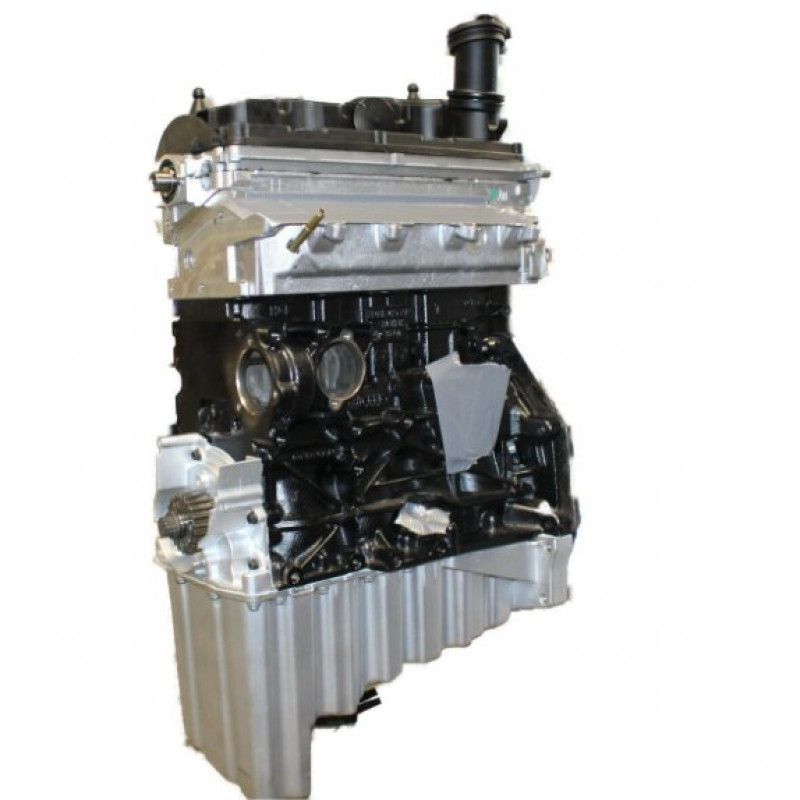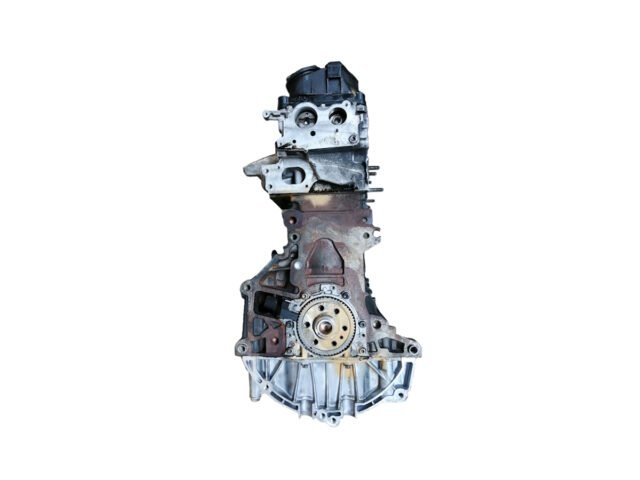Top-notch Amarok Engine for Sale-- Have A Look At Our Special Variety and Offers
Top-notch Amarok Engine for Sale-- Have A Look At Our Special Variety and Offers
Blog Article
Browsing the Process of Engine Choice: Key Factors to Take Into Account
The process of engine selection is a diverse undertaking that demands cautious analysis of a number of essential elements to guarantee positioning with operational objectives. Performance demands, gas performance, and monetary restrictions are simply the start; considerations around ecological impact and upkeep assistance play an essential duty in the decision-making framework. Recognizing how each of these components connects can significantly affect the effectiveness and durability of your financial investment. Nevertheless, the details of each factor might not be quickly noticeable, motivating more exam of just how to tactically navigate this complicated landscape.
Efficiency Demands
When choosing an engine, it is essential to establish clear efficiency requirements that straighten with the intended application. Performance requirements encompass a variety of variables, consisting of power output, torque characteristics, and responsiveness, which have to be tailored to the certain needs of the vehicle or machinery in inquiry.
Power outcome, usually gauged in horsepower, establishes the engine's capability to thrust a vehicle or carry out a task efficiently. Torque, on the various other hand, is crucial for applications requiring solid preliminary velocity or heavy training capabilities. An understanding of the operational atmosphere is likewise crucial; for example, engines created for off-road applications might need different performance characteristics contrasted to those intended for freeway usage.
Furthermore, consider the operational load and duty cycle, as these factors influence the engine's longevity and reliability. In high-load scenarios, a robust engine style might be needed to protect against premature wear or failing. In addition, performance demands should also include considerations for exhaust standards and regulative conformity, especially in areas with stringent environmental guidelines. By defining these efficiency parameters early in the choice procedure, stakeholders can make educated decisions that boost total functional effectiveness and performance.
Fuel Performance Considerations
While efficiency needs are vital, gas efficiency is similarly vital in the engine choice process, as it directly impacts operating expense and ecological sustainability. Fuel-efficient engines consume much less fuel per device of job executed, which not just decreases overall expenditure yet also decreases greenhouse gas discharges. As companies progressively focus on sustainability, choosing an engine that enhances gas efficiency can boost company obligation and compliance with environmental laws.
When assessing fuel performance, it is vital to think about the engine's design and innovation - amarok engine for sale. Technologies such as turbocharging, straight gas shot, and crossbreed systems can considerably improve gas economy. Additionally, understanding the operating problems and duty cycles of the engine application is essential; engines might perform differently under varying loads and speeds
Moreover, suppliers often supply gas consumption data that can be utilized to contrast various engine options. In recap, fuel effectiveness is a multi-faceted consideration that needs extensive assessment throughout the engine selection procedure.
Budget and Cost Analysis
Budget and cost evaluation works as a crucial part in the engine option process, influencing both temporary financial investments and long-lasting operational expenses. When examining prospective engines, it is vital to consider not only the preliminary acquisition price but additionally the overall expense of possession, which incorporates installation, maintenance, fuel usage, and prospective downtime.
A comprehensive analysis must start with the ahead of time costs linked with the engine, including essential modifications or secondary tools. Concentrating entirely on first expenses may lead to illinformed decisions. Evaluating operating expense over the engine's life expectancy is equally essential, as much more costly engines could provide exceptional fuel effectiveness click here to find out more or minimized maintenance demands, ultimately leading to set you back financial savings.

Ecological Effect Aspects
Understanding ecological effect aspects is vital in the engine selection procedure, as sustainability considerations have actually become significantly crucial for both governing conformity and business responsibility. Organizations this link needs to examine the exhausts produced by various engine types, consisting of carbon dioxide, nitrogen oxides, particle matter, and unburned hydrocarbons. These discharges add dramatically to air contamination and environment adjustment, demanding a mindful analysis of the engine's eco-friendly impact.
In addition, gas type plays a critical role in environmental influence. Engines powered by eco-friendly power resources, such as biofuels or hydrogen, tend to have a lower environmental effect compared to typical fossil fuels. In addition, the lifecycle analysis of the engine, from production through procedure to disposal, must be considered to recognize the complete extent of its ecological effects.

Upkeep and Assistance Choices
When choosing an engine, the schedule of maintenance and assistance alternatives is a critical consideration that can substantially impact operational effectiveness and longevity. Comprehensive upkeep prepares make certain that the engine runs at peak performance and decreases unexpected downtimes. It is necessary to assess the maker's support network, consisting of the availability of certified specialists and service facilities.
Assessing the availability of spare parts is also vital. A trustworthy supply chain for parts can reduce lead times for fixings Related Site and maintenance, thus boosting overall productivity. Furthermore, consider the simplicity of getting technological documentation and training sources, which are essential for making sure that personnel are well-appointed to manage routine and emergency situation circumstances.
Another important aspect is the warranty and service agreements supplied by the manufacturer. These agreements can supply tranquility of mind and financial security against unpredicted concerns. Inevitably, a proactive strategy to upkeep and support not just prolongs the life of the engine however likewise contributes to the total success of the operation. Cautious factor to consider of these elements will certainly lead to informed decisions that line up with functional goals and budget plans.
Conclusion
Finally, the process of engine choice demands a detailed assessment of numerous vital variables, consisting of performance demands, gas effectiveness, budget plan constraints, environmental impact, and upkeep assistance. By meticulously assessing these aspects, educated choices can be made that line up with functional goals and sustainability goals. Eventually, a calculated approach to engine option will make sure optimal performance and longevity while addressing ecological and monetary considerations properly.
While performance needs are critical, fuel efficiency is just as vital in the engine option procedure, as it directly influences operating prices and ecological sustainability. As organizations increasingly prioritize sustainability, choosing an engine that optimizes fuel efficiency can improve company duty and compliance with environmental guidelines.
Additionally, comprehending the operating problems and duty cycles of the engine application is important; engines may execute in different ways under differing rates and lots. (amarok engine for sale)
Examining operating expenses over the engine's life-span is equally vital, as a lot more pricey engines may use superior fuel effectiveness or lowered upkeep requirements, ultimately leading to set you back financial savings.
In conclusion, the procedure of engine selection necessitates a detailed examination of different crucial factors, consisting of performance needs, fuel efficiency, budget restraints, environmental effect, and upkeep support. - amarok engine for sale
Report this page